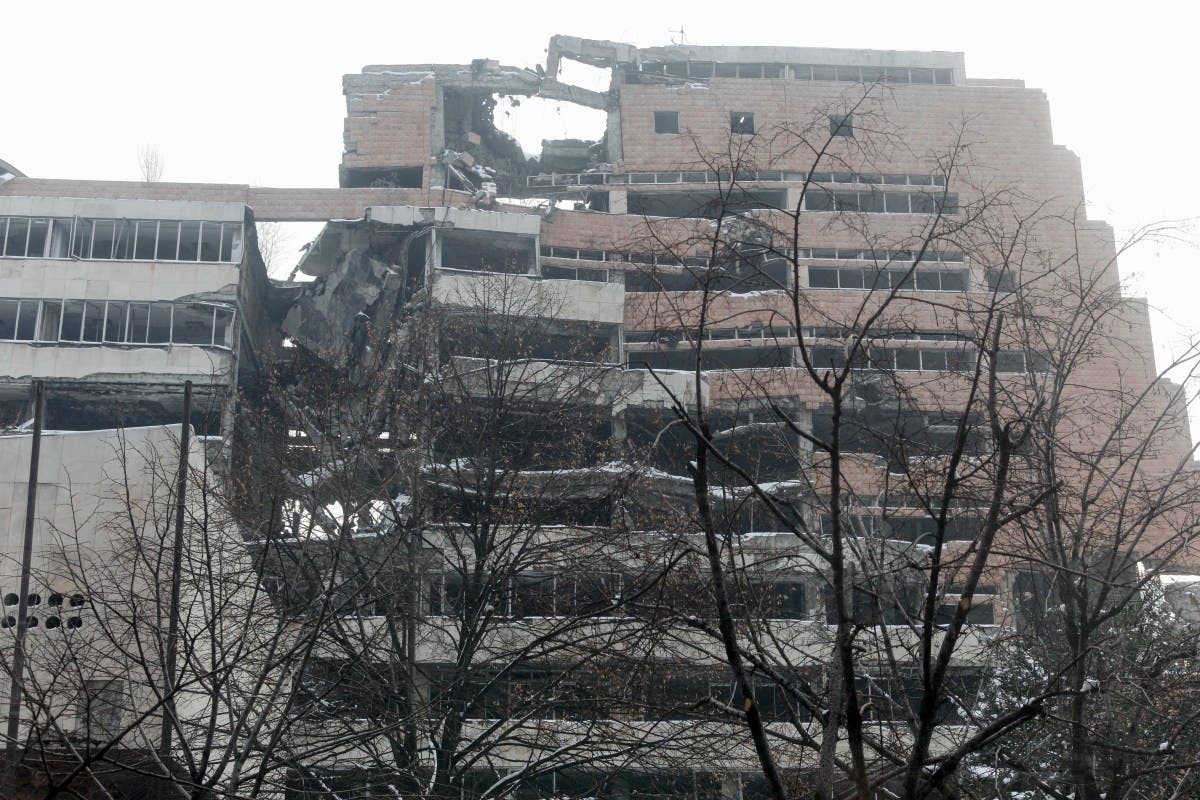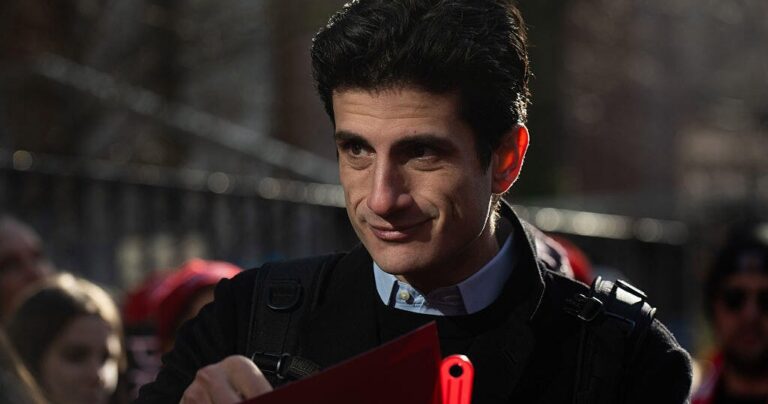
Approval of Trump-Branded High-Rise in Belgrade Sparks Controversy
A Trump-branded high-rise building in Belgrade, slated to rise on the site bombed by NATO more than 25 years ago, has been approved by Serbia’s parliament—a move described by one analyst as “widely seen as a humiliation for Serbia,” according to Newsweek.
The project, proposed by Jared Kushner—son-in-law of former president Donald Trump—and his Miami-based investment firm Affinity Partners, will redevelop the former Yugoslav Army headquarters. This location is not only of significant historic value but also stands as an architectural landmark, causing friction among locals.
Serbia’s President Aleksandar Vučić has hosted Kushner in Belgrade and personally supports the development. Newsweek has reached out to both Affinity Partners and the Serbian president’s office for comment.
Why It Matters
The site in question, known as the Generalstab, was partially destroyed during NATO’s 1999 bombing campaign that ended the Kosovo war. It was vacant when it was struck twice in just 15 minutes. For many in Serbia, the redevelopment is highly sensitive. Experts and preservationists have advocated for the complex to remain as a memorial, emphasizing its cultural and historical significance.
What To Know
Jared Kushner, through Affinity Partners, plans to invest $500 million to build a luxury hotel on the site. The firm has secured a 99-year lease from the Serbian government after the location was stripped of its “cultural asset” status, as reported by Agence France-Presse.
The project encountered delays in May when it was investigated that a public official may have forged documents to lift the site’s protection, according to The Telegraph. On Friday, however, the Serbian parliament voted 130 to 40 to classify the redevelopment as urgent with a special law. This new law, passed by Vučić’s Serbian Progressive Party, both stripped the site’s cultural protections and designated the development as a project of national importance.
The plan has met robust opposition, particularly from groups highlighting the building’s role as a war memorial and its unique standing as the only surviving example of Nikola Dobrović’s Yugoslav-era modernist architecture.
Belgrade-based analyst Nikola Mikovic told Newsweek, “Experts and the broader public firmly oppose the parliament’s decision to approve the construction for both aesthetic and historical reasons.”
Background Context
Serbia has recently undergone domestic instability, stemming from year-long anti-corruption protests. These were triggered by the collapse of a concrete canopy in the northern city of Novi Sad last November. At the same time, U.S. sanctions on the Petroleum Industry of Serbia (NIS)—owned by Russian giant Gazprom—are threatening to paralyze the country’s energy sector.
Balancing relations with Russia and improving ties with the U.S. remains a challenge for President Vučić, who has expressed a desire to move beyond the legacy of the Balkans conflict. In a June interview with the BBC, Vučić defended the Trump Tower proposal saying, “It’s important to overcome the burden from 1999. We are ready to build better relations with the U.S—I think that is terribly important for this country.”
Opposition and Public Reaction
Protests are planned in opposition to the development. Belgrade architects Katarina and Marina, representing the arh. politicne civic group, told Newsweek they were “deeply alarmed” by the decision. They noted that, outside the ruling party and its coalition, both the public and professionals are firmly opposed.
In parliament, populist Serbian Progressive Party lawmaker Milenko Jovanov stated via The Associated Press, “We are demolishing the ruins in order to build.”
Nikola Mikovic summed up public sentiment, saying: “Building the Trump Tower hotel on the ruins of the Army Headquarters is widely seen as a humiliation for Serbia.”
What Happens Next
Opposition to the Trump hotel remains high. A protest is scheduled at the site on Tuesday, and further peaceful demonstrations and initiatives led by various activist and professional collectives are in the works. These efforts may further increase public pressure on Serbian lawmakers.
The future of the site—and Serbia’s engagement with both its past and international relationships—remains uncertain as the debate continues.
https://www.newsweek.com/trump-hotel-to-be-built-on-nato-bombing-site-11021654





